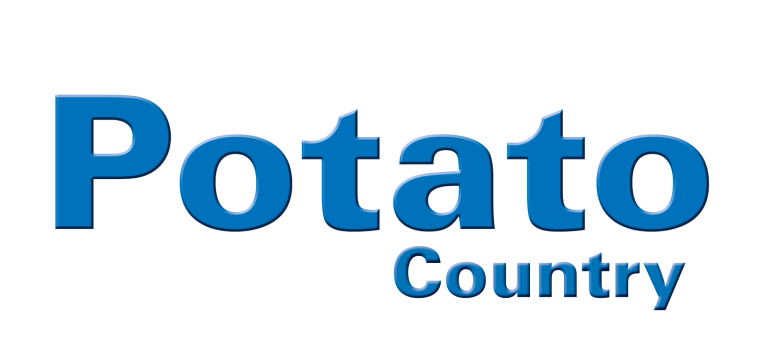GRAND FORKS, N.D. — Potatoes — which boosters describe as “America’s favorite vegetable” — are going on the offensive after years of fighting defensively
“We used to say, ‘It’s OK to eat potatoes,’” said Blair Richardson, president and CEO of Potatoes USA. The organization, formerly known as the U.S. Potato Board, is the nation’s potato marketing organization.
Soon, however, his industry will begin to aggressively promote what it views as potatoes’ attractive combination of high nutritional value and affordability.
Richardson spoke Wednesday at the first day of the annual two-day International Crop Expo in Grand Forks. The event, expected to draw about 4,000 people and 180 exhibitors, is free and open to the public. Doors open at 9 a.m. and close at 4 p.m. Feb. 23.
The Crop Expo was created by the combination of events hosted individually by small grains, potato and bean groups after the Alerus Center in Grand Forks opened. The show features concurrent sessions in potatoes, soybeans/dry beans and small grains on both days, most led by North Dakota and Minnesota extension officials.
Many crops are grown in the Red River Valley of western Minnesota and eastern North Dakota, which can obscure the importance of potatoes in the area. But the Red River Valley is the nation’s leading producer of red potatoes and the only region that produces in volume for the chip, fresh, red and process markets.
Though potatoes are popular with consumers, they have critics, who insist that Americans should cut back on consumption. The potato industry has responded by stressing that spuds are safe to eat, Richardson said.
That “defensive’ approach” hasn’t been unsuccessful.
“Potatoes already are the number one consumed food-item vegetable in the United States. We’re No.1,” he said.
Even so, the potato industry will be making “a big change,” Richardson said. We’re going to step back and say, ‘We are nutritious enough that you should be eating more” potatoes.
The industry now has enough research supporting potatoes’ nutritional value to “get out of the trenches and attack … and go on the offensive on this,” he said.
The new marketing/promotional approach will be phased in over the next six months or so, Richardson said.
Other speakersAlso speaking Wednesday in Grand Forks were Mark Klompien, Rachel Lynch and John Keeling.
Klompien is CEO of United Potato Growers of America. The group describes itself as a “federated cooperative made up of local farmer cooperatives, whose objective is to advance grower sustainability by tracking and assessing supply/price relationships for major varieties in major fresh potato varieties.”
Rising per-acre potato yields continue to push up supplies and strengthens the need for farmers to control how much they produce, Klompien said.
Lynch is a global marketing manager for Potatoes USA.
She said young Americans increasingly value convenience in their food — “Convenience rules” — and want more variety in what they eat.
Keeling is executive vice president and CEO of the National Potato Council, which represents U.S potato growers on federal legislative, regulatory, environmental and trade issues.
The potato industry, like the rest of the U.S. agriculture, is concerned about whether President Donald Trump understands the importance of U.S. ag exports.
Ag groups are working hard to educate Trump on the issue, Keeling said, and he’s optimistic the message will sink in.
“I think we’ll be OK on trade,” Keeling said.
Originally posted at AgWeek.com


